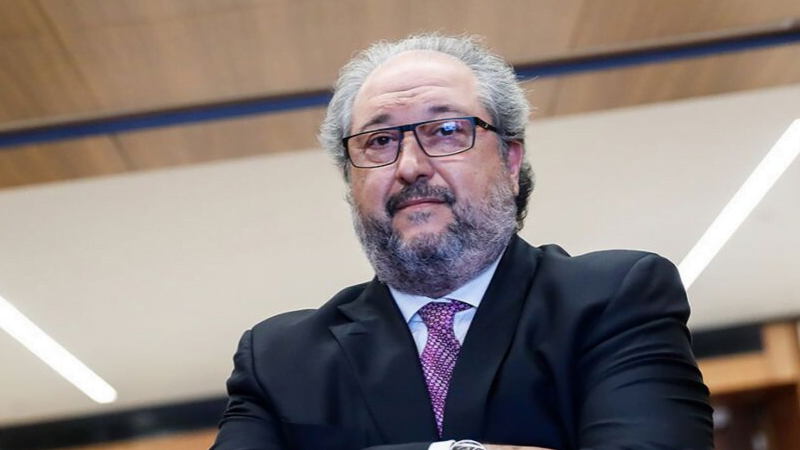Another new Maltese citizen is facing criminal charges, but Identity Malta will not be conducting a review of those who have been granted Maltese citizenship through the cash for passports scheme, stressing that “a rigorous system” was already in place.
The Shift contacted the Agency responsible for overseeing the sale of Maltese passports following the arrest of Boris Mints in London.
The Russian oligarch is just the most recent in a list of cases where individuals were arrested by foreign authorities and charged in foreign jurisdictions after having successfully passed Identity Malta’s ‘strict’ due diligence procedures to be granted a European Union passport.
Egyptian national Mustafa Abdel Wadood was arrested on fraud and money laundering charges, Chinese billionaire Liu Zhongtian was arrested for tax evasion, and Russian Pavel Melnikov had his company raided by Finnish authorities on suspicion of financial crimes.
The Shift asked Identity Malta whether it would be tightening due diligence procedures after such applicants managed to slip through the net.
“The Agency has already a rigorous system in place,” they said, “but notwithstanding this fact, the agency constantly seeks to strengthen even more its due diligence processes and its risk analysis procedures.”
Asked whether they would rescind Boris Mints’ citizenship, Identity Malta said it had been following the case for the past few weeks, and the “next steps will be considered once there is an outcome from the British Courts”. When the Agency becomes aware of such cases, the individual is contacted and asked to provide a detailed account of his side of the story, Identity Malta said.
Under Maltese Law, the government is not required to wait for the outcome of a foreign court case in order to rescind citizenship. Proceedings can start under a provision whereby the individual’s actions are considered “not conducive to the public interest”. A guilty verdict would allow for revocation on separate grounds.
Mints, a Russian billionaire who bought Maltese citizenship in 2016, had assets worth €500 million seized by the British authorities in July because of his alleged role in a “fraudulent scheme” involving Russian bank Otkritie.
The following month, Egyptian national Mustafa Abdel Wadood, who also purchased a Maltese passport, pleaded guilty to fraud and money laundering in the United States, charges that carry a possible jail term of 125 years. Wadood was arrested for actions, which led to “the world’s largest equity insolvency”, just four months after his name appeared in Malta’s Government Gazette, The Shift showed. Identity Malta eventually confirmed that his citizenship would be revoked.
Chinese billionaire Liu Zhongtian, another client of Malta’s cash for passport scheme, was also indicted in the United States this year for evading some $1.8 billion in aluminium tariffs.
And Pavel Melnikov, a Russian billionaire who holds a Maltese passport, had his company raided by Finnish authorities last year on suspicion of financial crimes.
Malta’s cash for passports scheme has come under intense international criticism from the European Commission, which said that such programmes opened the European Union to money laundering, corruption and organised crime.
A report by Transparency International and Global Witness entitled ‘European Getaway: Inside the Murky World of Golden Visas‘ also detailed the high risk of money laundering and financial crimes linked to such programs — exactly the crimes that these four Maltese citizens have been accused of committing.












